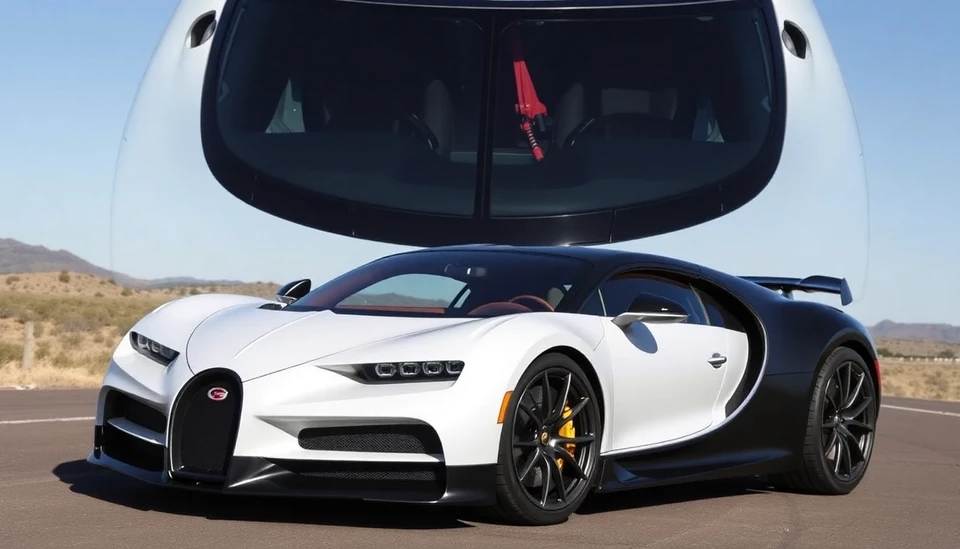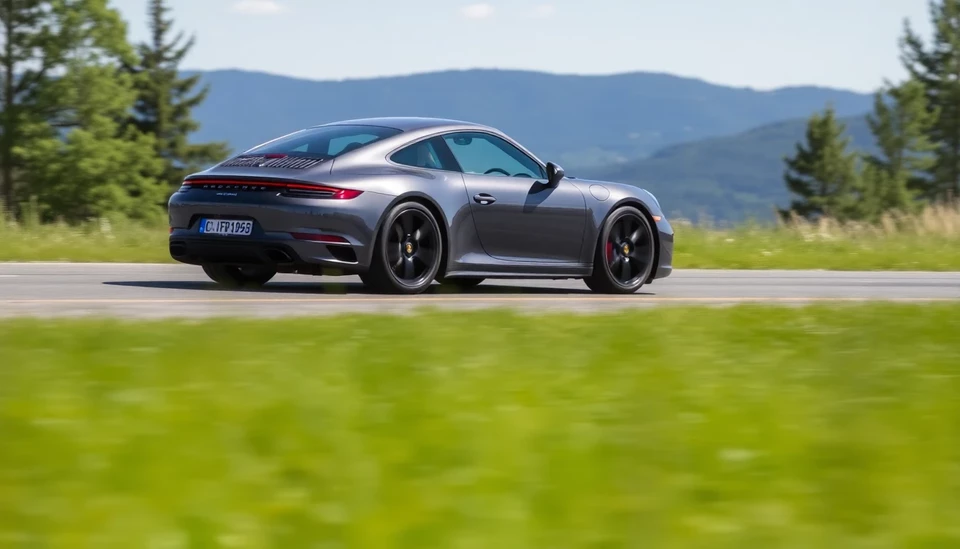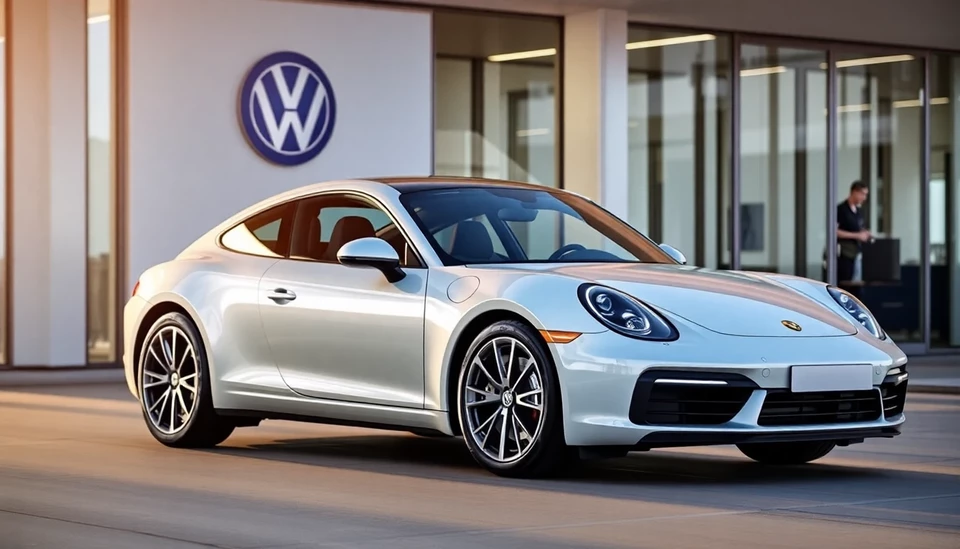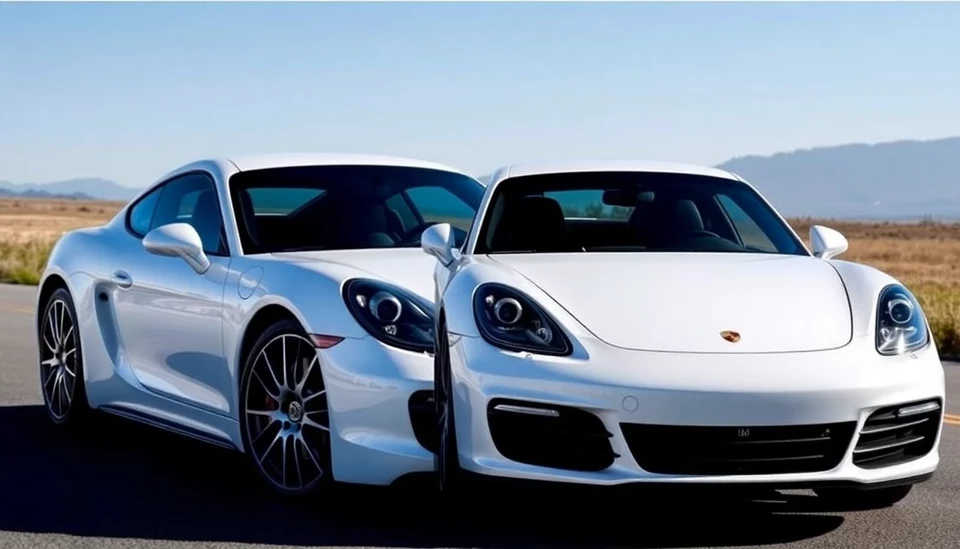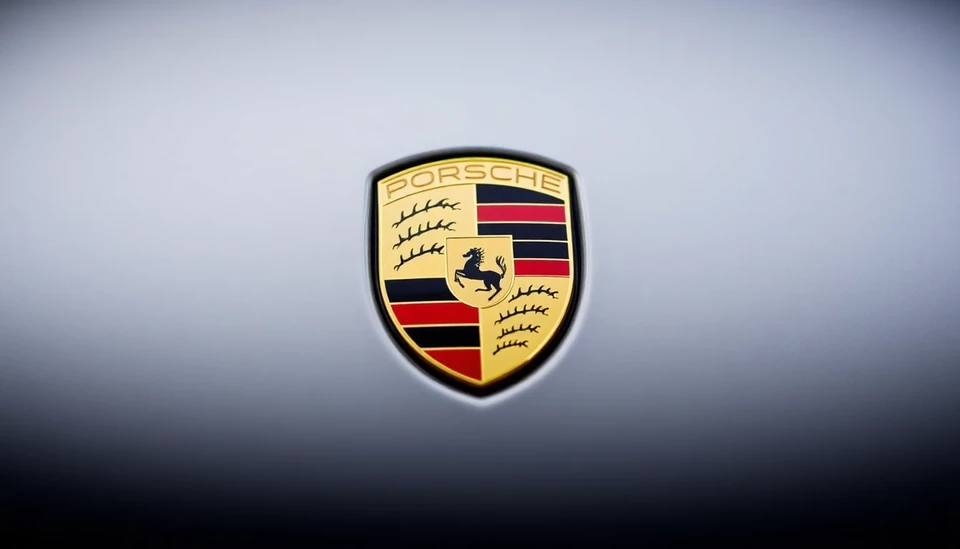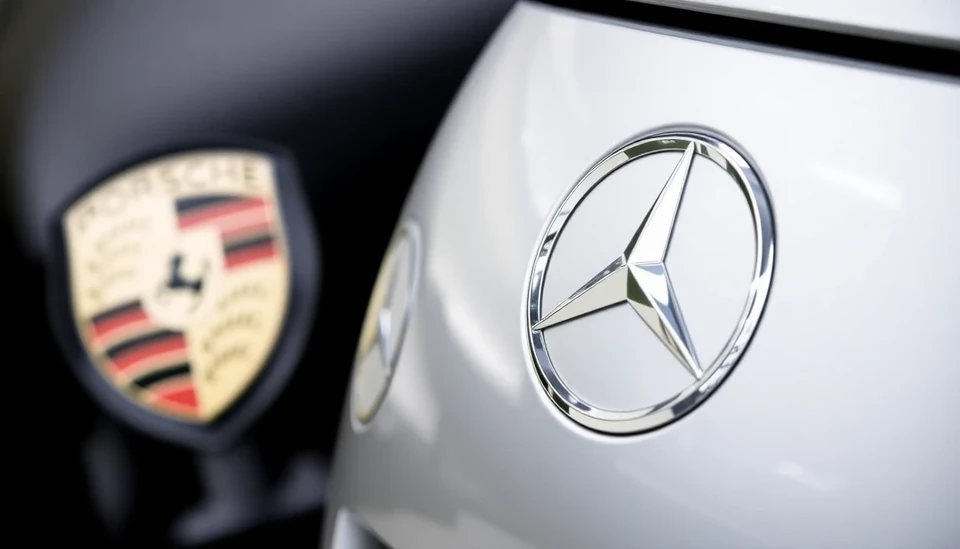
In a significant turn of events, the automotive industry is bracing itself for a major financial setback as both Porsche and Mercedes-Benz anticipate a staggering $3.7 billion impact from tariffs proposed by former President Donald Trump. This substantial economic blow stems from a looming 25% tax on vehicle imports, a move that could reshape the landscape for these prestigious automobile manufacturers.
The proposed tariffs, categorized under Section 232 of the Trade Expansion Act, are designed to protect U.S. national security by evaluating the influence of foreign automobile imports on the domestic market. However, industry experts, including top executives from Porsche and Mercedes-Benz, are sounding alarms about the potential repercussions for their businesses and the wider automotive sector.
With their headquarters in Germany but significant operations in the United States, both automakers are uniquely positioned. They manufacturer vehicles that are not only popular among American consumers but also crucial to their overall profitability. The anticipated tariffs may compel both companies to rethink their production strategies and supply chains significantly.
In their latest financial disclosures, executives from both companies explicitly stated that the tariffs could lead to increased costs of production and, ultimately, higher prices for consumers. This situation may curb demand for their vehicles in the U.S. market, affecting sales volumes and profitability.
The implications of these tariffs extend beyond individual companies. The U.S. automotive market relies heavily on overseas manufacturers for a variety of vehicles, and such tariffs may lead to retaliation from international trade partners. Analysts speculate that other countries might impose their tariffs on U.S. products, further escalating a trade war that nobody in the industry wants to see unfold.
Furthermore, the concern is not limited to high-end manufacturers. A precedent set by these tariffs could influence the entire automotive supply chain, impacting suppliers, and jobs across the manufacturing sector. General sentiment among industry insiders indicates that the cascading effects of such tariffs threaten not only financial outcomes but also innovation and market competitiveness in the long run.
In conclusion, while the legality and justification of these tariffs under national security are being vigorously debated, the immediate effects on companies like Porsche and Mercedes-Benz are clear: a potential hit of $3.7 billion looms large, challenging their operational strategies and the broader automotive market. The outcome of this situation remains uncertain, with both automakers and consumers anxiously waiting to see how the policy will evolve and what that means for the future of the automotive industry.
#Porsche #MercedesBenz #AutoTariffs #Trump #AutomotiveIndustry #TradeWar
Author: Samuel Brooks
